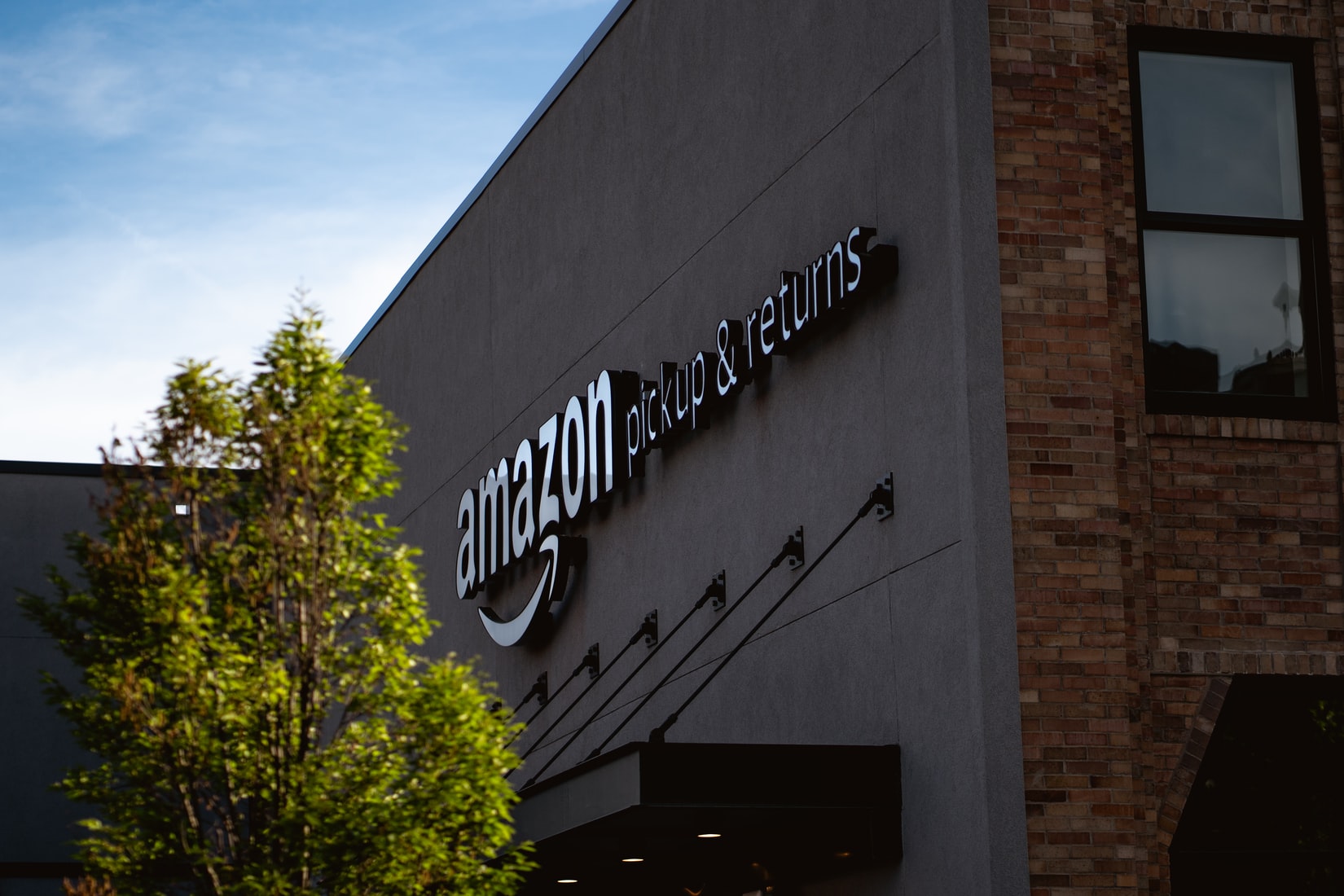If successful, the lawsuit could lead to the dissolution of Amazon.
Oregon, along with at least 17 other states, have cast their support behind a Federal Trade Commission lawsuit intent on dissolving Amazon.
According to Public News Service, the F.T.C. originally filed the antitrust lawsuit against Amazon, claiming that the company illegally maintains a monopoly that intentionally stifles competition.
“Amazon is a monopolist,” the lawsuit alleges. “It exploits its monopolies in ways that enrich Amazon but harm its customers: both the tens of millions of American households who regularly shop on Amazon’s online superstore and the hundreds of thousands of businesses who rely on Amazon to reach them.”
“In addition to overcharging its customers, Amazon is degrading the services it provides them,” the complaint says. “Amazon’s online storefront once prioritized relevant, organic search results […] Amazons shifted gears so that it now litters its storefront with pay-to-play advertisements.”
Federal attorneys note that Amazon’s changing strategy has, almost without exception, been accompanied by higher advertising prices and an emphasis on higher-priced products. In many cases, consumers are deliberately steered toward more expensive products, even when more affordable and more popular alternatives exist.

The F.T.C. acknowledges that, in a capitalistic system, Amazon’s allegedly deceptive practices should provide an opportunity for more honest rivals to emerge.
However, due to Amazon’s near-uncontested control of the e-commerce market, it has little need to change its practices, instead simply purchasing or curbing competitors before they can pose a threat to its continued growth.
“In a competitive world, Amazon’s decision to raise prices and degrade services would create an opening for rivals and potential rivals to attract business, gain momentum, and grow,” the lawsuit says. “But Amazon has engaged in an unlawful monopolistic strategy to close off that possibility.”
“The elements of this strategy are mutually reinforcing,” it adds. “Amazon uses a set of anti-discounting tactics to prevent rivals from growing by offering lower prices, and it uses coercive tactics involving its order fulfillment service to prevent rivals from gaining the scale they need to meaningfully compete. Amazon deploys this interconnected strategy to block off every major avenue of competition—including price, product selection, quality, and innovation—in the relevant markets for online superstores and online marketplace services.”
The complaint, parts of which are redacted, also include references to “Project Nessie,” a tool that Amazon purportedly used to punish sellers who marketed their products for lower prices on other platforms. It also suggests that many merchants were coerced into obtaining eligibility for Prime service, with those who refused having their listings pushed to the bottom of search results.
If successful, the lawsuit could result in the court-ordered dissolution of Amazon.
Sources
CASE NO.: COMPLAINT 2:23-cv-01495


Join the conversation!